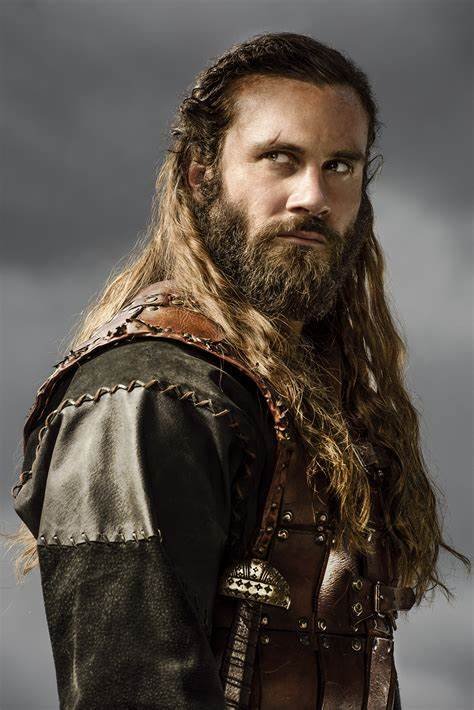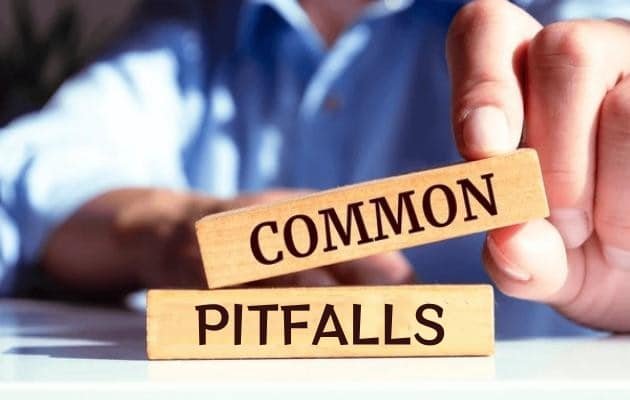Rollo vikings, a legendary Viking leader, stands as a pivotal figure in medieval history, bridging the gap between the brutal world of Viking raids and the burgeoning feudal system of medieval Europe. His life, a blend of savagery and diplomacy, ultimately led to the establishment of Normandy, a powerful duchy that would profoundly impact the course of European history.
Early Life and Viking Raids
Rollo vikings, also known as Rolf or Hrolf, was a Viking chieftain who emerged in the late 9th century. While his exact origins remain somewhat shrouded in mystery, he is believed to have been a Scandinavian nobleman. Like many Vikings of his time, Rollo initially gained notoriety through his participation in devastating raids across Western Europe.
His bands of warriors terrorized the Frankish kingdom, plundering towns and villages along the Seine River. The culmination of these raids was the siege of Paris in 885-86, a pivotal event that showcased the Vikings’ formidable military prowess and instilled fear in the Frankish heartland.
The Treaty of Saint-Clair-sur-Epte and the Birth of Normandy
Faced with the relentless Viking onslaught, the Frankish king, Charles the Simple, sought a solution. In 911, he negotiated a remarkable treaty with Rollo at Saint-Clair-sur-Epte. This treaty, a turning point in Frankish-Viking relations, granted Rollo and his followers a vast territory in northern France, encompassing the region that would become known as Normandy.
In exchange for this land, Rollo agreed to cease his raids, convert to Christianity, and swear allegiance to the Frankish king. This marked a significant shift in Viking fortunes, transforming Rollo from a feared raider into a powerful duke, a vassal of the Frankish crown.
Rollo’s Legacy: The Rise of Normandy
Rollo’s acceptance of Frankish rule laid the foundation for the Duchy of Normandy. He successfully consolidated his power, establishing a strong and stable administration. He also encouraged the assimilation of his Viking followers into Frankish society, fostering a unique blend of Norse and Frankish cultures.
Normandy, under Rollo and his successors, flourished. The region became a center of trade and commerce, attracting settlers from across Europe. The Normans developed a distinct culture, blending Viking traditions with Frankish customs and institutions. This unique blend would have profound consequences for European history.
The Norman Conquest of England
Rollo’s descendants, most notably his grandson William the Conqueror, would go on to achieve even greater prominence. In 1066, William launched the Norman Conquest of England, a pivotal event that dramatically altered the course of English history. The Normans brought with them their own language, legal system, and administrative structures, leaving an enduring legacy on English society and culture.

Rollo in Popular Culture
Rollo has captivated the imaginations of historians and storytellers alike. He has been a prominent figure in numerous historical novels and television series, most notably the popular historical drama “Vikings.” These portrayals, while often dramatized, have helped to bring Rollo’s life and the Viking Age to a wider audience.
Rollo’s Conversion to Christianity
Political Necessity: Rollo’s conversion to Christianity was primarily a political move. It was a crucial condition of the Treaty of Saint-Clair-sur-Epte, allowing him to legitimize his rule within the Frankish Christian world.
Cultural Assimilation: Converting to Christianity facilitated the integration of his Viking followers into Frankish society. It helped to break down cultural barriers and foster a sense of shared identity with the local population.
Religious Sincerity: While political expediency likely played a major role, it’s possible that Rollo and some of his followers genuinely embraced Christianity.
The Norman Way of Life
Blending of Cultures: The Normans developed a unique culture that blended Viking traditions with Frankish customs. This included elements of Norse law, warfare, and social structure, combined with the influence of Frankish Christianity and feudalism.
Military Prowess: The Normans were renowned for their military prowess, developing a formidable fighting force that combined Viking warrior traditions with Frankish cavalry tactics. This military strength would prove crucial in their later conquests.
Administrative Innovations: The Normans established a strong and efficient administrative system, drawing upon both Viking and Frankish practices. This system of governance would later be exported to England after the Norman Conquest.
The Impact of the Norman Conquest of England
Social and Political Changes: The Norman Conquest profoundly transformed English society. The Normans introduced a new feudal system, replacing the existing Anglo-Saxon system. They also established a new Norman aristocracy, replacing the existing Anglo-Saxon nobility.
Linguistic and Cultural Influences: The Norman Conquest had a significant impact on the English language, introducing many French words into the vocabulary. It also influenced English culture, architecture, and legal systems.
Long-Term Consequences: The Norman Conquest had far-reaching consequences, shaping the course of English history for centuries to come. It led to the development of a powerful centralized monarchy and played a crucial role in England’s rise as a major European power.
Final Thoughts
Rollo the Viking, from fearsome raider to powerful duke, stands as a pivotal figure in medieval history. His life and legacy exemplify the complex interplay between violence and diplomacy, conquest and assimilation. The establishment of Normandy, a product of his strategic alliance with the Frankish crown, had a profound and lasting impact on European history, shaping the course of events for centuries to come.
FAQs
What were the long-term consequences of the Norman Conquest of England?
The Norman Conquest of England had profound and lasting consequences. It led to significant social and political changes, including the establishment of a new feudal system and a new Norman aristocracy. It also had a significant impact on the English language and culture, introducing many French words and influencing various aspects of English society.
What are the main historical sources for information about Rollo?
Historical sources about Rollo are relatively limited. Contemporary accounts are often biased, reflecting the perspectives of Frankish chroniclers. Key sources include Dudo of Saint-Quentin’s “History of the Normans” and later accounts like the “Roman de Rou.”
How is Rollo portrayed in popular culture?
Rollo has been a prominent figure in popular culture, appearing in numerous historical novels, films, and television series, most notably the historical drama “Vikings.” These portrayals, while often dramatized, have helped to bring Rollo’s life and the Viking Age to a wider audience.
To read more, Click Here











Leave a Reply